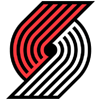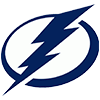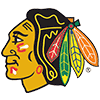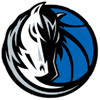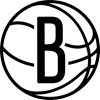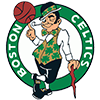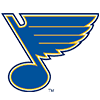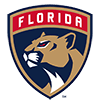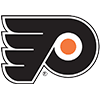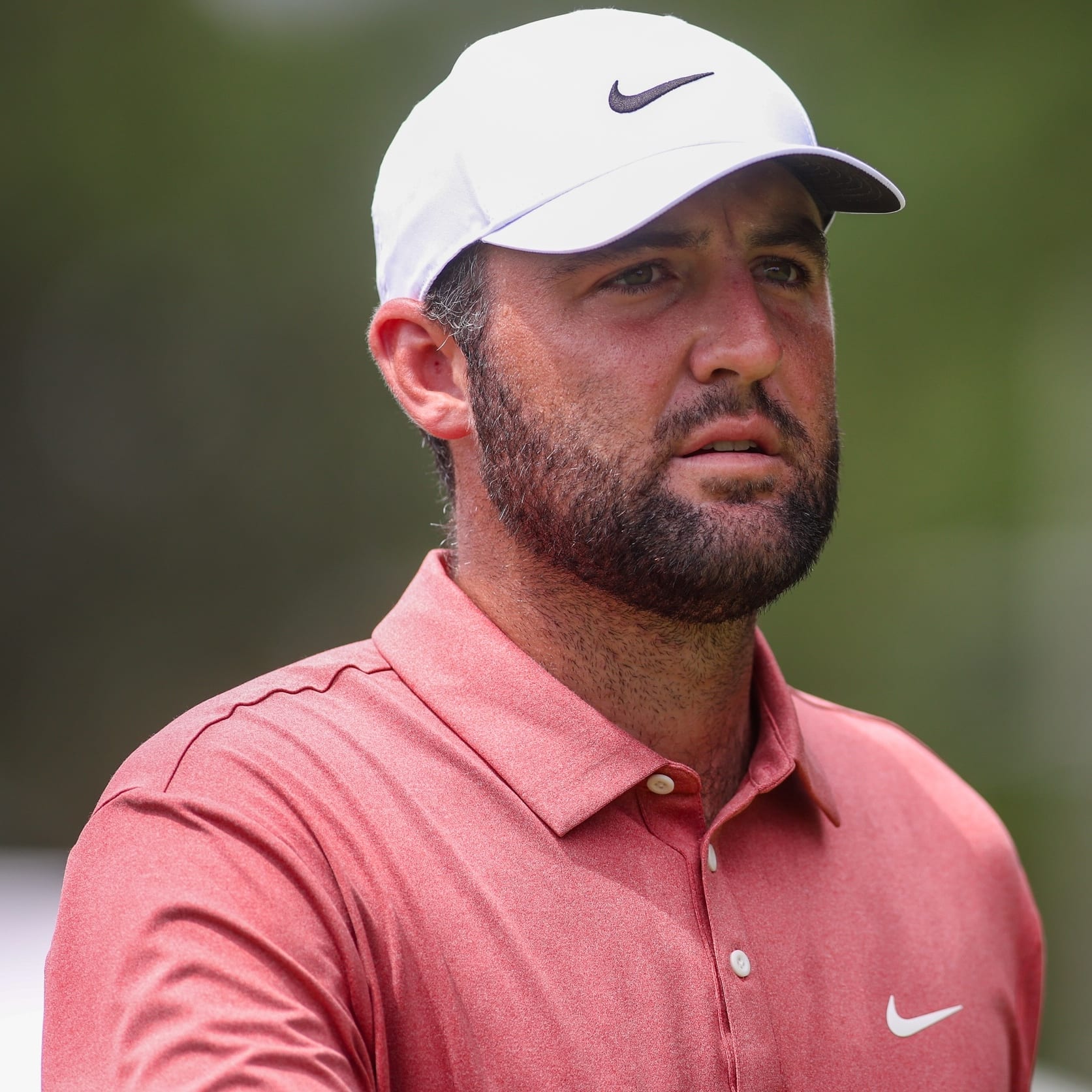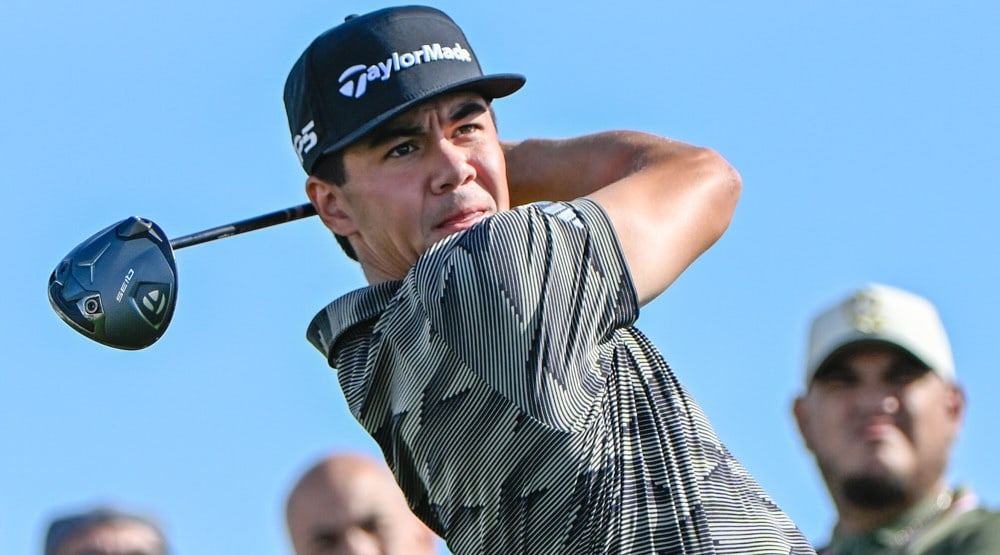WGC-DELL TECHNOLOGIES MATCH PLAY
Purse: $20M
Winner's Share: $3.5M
FedEx Cup Points: 550 to the Winner
Location: Austin, Texas
Course: Austin Country Club
Yardage: 7,108
Par: 71
2022 champion: Scottie Scheffler
Tournament Preview
The Masters is now just two weeks away, and this will be the final tune-up for most of the top golfers. It has always struck us as odd that a match play event is positioned here. Of course, the golfers could play next week's Valero Texas Open, but most don't like playing the week before a major, not to mention three or four weeks in a row with a designated event -- the very popular RBC Heritage -- immediately following Augusta.
This won't be an issue next year, because this is the final World Golf Championship event ever and, per PGA Tour Commissioner Jay Monahan, after 24 years there will be no match play tournament on the 2024 schedule. He did not rule out match play returning at some point.
Hopefully, it will be sooner rather than later because this is an exciting tournament with a different DFS strategy from any other week of the year. More on the format in a moment, but first let's review the 64-man field.
There are actually two top-10 golfers missing -- No. 5 Cameron Smith, who is with LIV Golf, and No. 10 Justin Thomas, who said Austin CC is not a good fit for his game. The only other eligible player skipping the tournament is No. 32 Justin Rose. Note that all rankings in this article are from last week, when the field was determined.
No. 1-ranked and defending champion Scottie Scheffler, No. 2 Jon Rahm and No. 3 Rory McIlroy will resume their game of musical chairs atop the rankings. At the other end of the spectrum, the last player to get into the field was No. 77 Justin Suh, who benefited not only from Thomas and Rose pulling out, but 11 higher-ranked LIV golfers being ineligible to compete. In all, 10 players ranked outside the top 64 in the world got into the field.
There are six past champions entered. Besides Scheffler, there's Billy Horschel (2021), Kevin Kisner (2019), Jason Day (2014, '16), McIlroy (2015) and Matt Kuchar (2013). There are also a whopping 18 WGC-Match Play debutants.
The Match Play tournament has been a part of the DraftKings universe since 2018, but since it's just a once-a-year event, let's detail how the games work, because it is not scored like a stroke-play tournament is.
We still pick six golfers at or under a $50,000 salary cap. But scoring will be based on holes won, halved and lost. Here's how it shakes out: Golfers get +3 points for a hole won, +0.75 points for a hole halved and -0.75 points for a hole lost. So, just as in DFS stroke play with birdies and bogeys, winning a hole is far more beneficial than losing a hole is penal. Further, golfers will get +5 points for winning a match, +2 points for halving a match and +1.6 points for holes not played (if they win their match early). Lastly, a streak of three consecutive winning holes nets +5 points -- a maximum of once per round -- and not losing a hole in the entire match lands a hefty +7.5-point bonus.
As you can see, there are huge advantages to a blowout win, and when golfers take risks that pay off -- and, in turn, gamers take risks that pay off -- the benefits are large. We saw a lot of bogey-avoidance tracks during the just-completed Florida Swing. This week, we do a 180, and flag-hunting is something we'll want in our golfers. After all, if they miss and end up with a double bogey or even worse, it's just one hole lost. So with different golf and different scoring comes different lineup strategy. There are 16 groups of four golfers playing a round-robin format in the first round. Everybody plays at least three matches. The winner of each group advances to single-elimination match play. Obviously, getting as many of those 16 guys as possible is key. So, while you could take more than one guy in a group to better the chances of having someone advance, it seems far more prudent to pick six guys from six different groups, hoping all of them will advance, however unlikely it is that you'll nail a full six-pack. Taking the planning a step further, get at least one guy in each quarter of the draw, further increasing the chance to get as many guys deep into the tournament and, in a perfect world, both finalists. All in all, the strategy is fascinating, and one of our key stats isn't a stat at all, it's examining the groups. In filling out the bottom of your lineup, look for weak four-man groups and get your long shots there.
We have six years of history at Austin Country Club, but it's okay to look beyond Austin to other match play tournaments. There isn't a lot of match play history going around, and it's a completely different animal from stroke play, so we believe info can be gleaned even from entirely different courses, including the Ryder and Presidents Cups. Guys who are good at match play tend to be good at it no matter the track, as Day illustrated by winning at Dove Mountain in Tucson in 2014 and two years later at Austin. Geoff Ogilvy won at La Costa in 2006 and repeated three years later at Dove Mountain.
Scheffler winning last year reversed a mini-trend of shorter-hitting champions -- Kisner in 2019 and Horschel in 2021 (there was no tournament in 2020). Previously at Austin, bigger hitters Bubba Watson, Dustin Johnson and Day came out on top.
Austin CC is a 1984 Pete and Alice Dye design. It features distinct nines – the front is much hillier on high ground, which is more traditional for Texas, while the back is referred to as the "lowlands nine" along Lake Austin. The track features narrow fairways, vast elevation changes and deep pot bunkers protecting the greens. The three par-5s are no shorter than 565 yards, a definite edge to the longer hitters. There are also five par-4s under 400 yards, including the risk/reward 317-yard 13th in which golfers could go for the green -- if they decide to challenge a small lake. In all, it's the perfect track for match play: lots of opportunities to be aggressive approaching the medium-size poa greens, which average 5,500 square feet and run a speedy 12 on the Stimpmeter. The rough is a manageable two inches, but there's plenty of trouble lurking elsewhere with a hefty 110 bunkers across the course and water coming into play on seven holes -- all on the back nine.
As for the weather, high temperatures are forecast to be in the low-80s all five days. More importantly, there will be rain from Tuesday into Friday, and the wind will be at its strongest the first two days before calming a bit over the final three. With so few players in the field, there is no advantage to any tee time.
Important reminder: The tournament begins Wednesday, so don't get locked out.
Key Stats to Winning at Austin Country Club
The most important indicators every week are current form and course history. "Key Stats" follow in importance.
• Strokes Gained: Approach/Greens in Regulation
• Strokes Gained: Around-the-Green/Scrambling
• Strokes Gained: Putting
• Birdie-or-Better Percentage
• Finding weakness in 4-man groupings
Past Champions
2022 - Scottie Scheffler (Austin CC)
2021 - Billy Horschel (Austin CC)
2020 - None
2019 - Kevin Kisner (Austin CC)
2018 - Bubba Watson (Austin CC)
2017 - Dustin Johnson (Austin CC)
2016 - Jason Day (Austin CC)
2015 - Rory McIlroy (TPC Harding Park)
2014 - Jason Day (The GC at Dove Mountain)
2013 - Matt Kuchar (Dove Mountain)
Champion's Profile
For the most part, chalk or near-chalk has won the tournament over the past decade. Some big long shots tend to make it pretty deep into the week, too. Every year, some lower-seeded golfers invariably reach at least the quarterfinals. Last year, No. 36 Corey Conners and No. 42 Seamus Power did so, and Conners reached the semis. Two golfers seeded in the 50s won their groups: No. 54 Richard Bland and No. 56 Takumi Kanaya. Such is the capricious nature of match play, in which a golfer needs to beat only one guy at a time, as opposed to maybe 150-plus. A great putter has a puncher's chance every match. And with the two finalists needing to play seven matches over five days, including two matches on both Saturday and Sunday, fitness surely plays a part in success or failure.
DRAFTKINGS VALUE PICKS
Based on Standard $50K Salary Cap
There are 12 golfers listed below from 12 different groups. The thinking is, they all have a chance to emerge from their group. The groups led by Jon Rahm, Max Homa and Viktor Hovland appear the most balanced and we're staying away from them. The other group we are avoiding is led by Collin Morikawa. No good choice stood out there.
Tier 1 Values
No. 1 seed Scottie Scheffler - $11,100 (Winning odds at the DraftKings Sportsbook: +800)
Besides being the defending champion and the 2021 runner-up, Scheffler has a lot going more for him, as if that weren't enough. He's playing great now, obviously. He's also in a good four-man bracket. Tom Kim has never played in this tournament before and hasn't had a good year in general so far. Alex Noren has had some Match Play success before, but that was years ago. Still, we don't want to dismiss him completely. Davis Riley rounds out the group in his Match Play debut.
No. 4 Patrick Cantlay - $10,700 (+1800)
Cantlay is an aggressive player with no real weakness. He's ranked third on Tour in birdie or better percentage. Further, he has a very favorable group with struggling Brian Harman, a semi-struggling K.H. Lee and an overmatched Nick Taylor. Cantlay has never emerged from group play in four previous tries. That should change this year.
No. 3 Rory McIlroy - $10,500 (+1100)
McIlroy is a former Match Play champ, albeit not at Austin CC. He hasn't had the results this season of Scheffler and Rahm, although he did have the lead at Bay Hill on the back nine Sunday. McIlroy is grouped with Keegan Bradley, who's never done much in this tournament, and Denny McCarthy and Scott Stallings, both making their Match Play debuts. For McIlroy, it'll come down to how well he putts.
Tier 2 Values
No. 15 Cameron Young - $9,200 (+3000)
Young might be the most aggressive guy on the PGA Tour, at least among the better players. He is ranked seventh in birdie or better percentage. Young is grouped with Sepp Straka, Conners and Davis Thompson, none of whom strikes much fear in anyone in this format. Conners did finish third last year after a making a terrific run through the brackets, but let's see him putt out of his mind again.
No. 14 Tyrrell Hatton - $9,000 (+2500)
Hatton is another aggressive player, ranked 10th on Tour in birdie or better percentage. He also arrives on a tear, with a top-5 at Bay Hill and a runner-up at THE PLAYERS. The Englishman has gotten to the knockout around in three of the past four Match Plays. He has a very favorable grouping with Russell Henley, Lucas Herbert and Ben Griffin. Henley is challenged on the greens, Herbert is challenged off the tee and in the fairway. Griffin has been a 2023 surprise on Tour so we are not discounting him.
No. 7 Will Zalatoris - $8,900 (+2800)
Zalatoris is the No. 7 seed but priced under $9,000. That might have something to do with his recent back injury, and whether he can withstand playing a lot of matches over a short period of time. But the price is great for what he's capable of. A superior ball-striker, Zalatoris has vastly improved his putting this year. And yet as a worse putter, he was a quarterfinalist a year ago. He is in one of the weakest groupings (other than himself), with Ryan Fox, Harris English and Andrew Putnam. English is the biggest obstacle to Zalatoris advancing.
Tier 3 Values
No. 41 Min Woo Lee - $7,600 (+7000)
We are getting to the point -- in the $7000s and $6000s -- where we're looking for value and group weakness. The top player in Lee's group is Matt Fitzpatrick, who has been battling a neck injury and struggling on the course. Sahith Theegala surely is a quality player and it would not surprise to see him advance, though this is his Match Play debut. The uninspiring J.J. Spaun rounds out the foursome. We liked what we saw from Lee at THE PLAYERS, even though his aggressive play wound up costing him dearly at a course where it's better to play it safe. Lee was in last year's Match Play, going 1-1-1, beating Thomas Pieters, halving with Tom Hoge and losing to the defending Match Play champion in Billy Horschel.
No. 19 Kurt Kitayama - $7,600 (+9000)
Kitayama was so impressive in winning at Bay Hill, potent off the tee and putting great. There's no guarantee he repeats that performance, but we know he has it in him. Kitayama is grouped with newcomer Adrian Meronk; Christiaan Bezuidenhout, who's done nothing in two previous Match Plays; and Tony Finau, who of course is a great and aggressive player but has had almost no success in this tournament. Even though Kitayama is in his Match Play debut, there's enough weakness around him to like his chances at this price.
No. 30 Seamus Power - $7,200 (+8000)
Power was a stud a year ago, beating Sungjae Im, Cantlay and Hatton before losing to eventual champion Scheffler in the quarterfinals. That is some big boy playing. Power has been decent on Tour in 2023, with three top-25s, including at Phoenix and Riviera. He is ranked 22nd in birdie or better percentage. We see an opening for Power in his group, even though he's with Sam Burns, Adam Scott and Adam Hadwin. Burns could be great in this format -- or terrible. He had to bow out last year so this will be his debut.
Long-Shot Values
No. 58 Maverick McNealy - $6,800 (+10000)
McNealy is a great putter who showed it a year ago, smoking Joaquin Niemann 8 & 6, halving with Kevin Na and beating Henley. Somehow, that wasn't good enough to advance out of the group (Na did). But boy, that's some great playing. So far this season, McNealy is ranked first on Tour in Strokes Gained: Putting. He's a better-than-average 52nd in birdie or better. The others in his group are Im, very good but not much of a risk taker; Tommy Fleetwood, who is surely playing well now and was a quarterfinalist two years ago; and J.T. Poston, another guy who could get hot with his putter.
No. 64 Cam Davis - $6,600 (+13000)
Picking Davis is all about identifying an opportunity in his group, which includes Xander Schauffele, Hoge and Aaron Wise. Surprisingly, Schauffele, has never made it out of group play in four tries. Hoge and Wise are both aggressive players, but neither did anything in their one previous Match Play. This is Davis' Match Play debut. This is a risky pick, but that's what long-shot plays are.
No. 50 Mackenzie Hughes - $6,100 (+18000)
Hughes fared well the past two years, reaching the knockout round two years ago and just missing last year. Over those two years he beat Homa, Matthew Wolff, Paul Casey and Webb Simpson and gave Johnson a fight. That's what's possible in this format when you have a great short game and putter. Hughes surely belongs in the $6000s, but $6,100? That's a bit much. Hughes does not have an easy advance -- he's with Jordan Spieth, Shane Lowry and a fantastic putter in Taylor Montgomery, who is making his Match Play debut. Spieth and Lowry have been far from great in this tournament.
Wagers can now be placed online in Massachusetts! Get ahead of the game with the DraftKings Massachusetts Promo Code.








